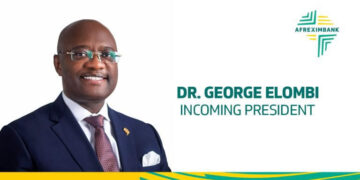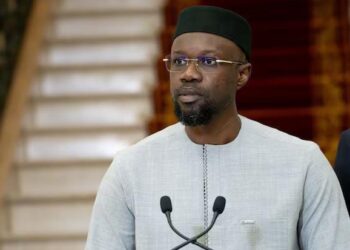By John Ikani
Zambia’s Constitutional Court has disqualified former President Edgar Lungu from contesting the 2026 elections, citing constitutional term limits.
The court ruled that Lungu, now 68, has already served the maximum two terms permitted by law.
Lungu became president in January 2015, completing the remainder of the late Michael Sata’s term following Sata’s death in October 2014.
He argued that his initial tenure should not count as it lasted less than five years, but the court dismissed this claim. Its decision overturned earlier rulings that had allowed him to contest the 2021 elections, where he was defeated by Hakainde Hichilema.
“Mr Edgar Chagwa Lungu has therefore been twice elected and has twice held office. The [constitution] makes him ineligible to participate in any future elections as a presidential candidate,” the court declared in its judgment.
The opposition Tonse Alliance had recently chosen Lungu as their presidential candidate for the 2026 elections, aiming to unseat Hichilema.
This ruling follows the government’s decision last year to revoke Lungu’s retirement benefits, linking the move to his return to political activity.
As part of efforts to boost his public profile, Lungu began participating in public jogs with supporters, an act the police described as “political activism.”
In October, President Hichilema dismissed three judges who had previously ruled in favour of Lungu’s eligibility to run in 2021. This sparked outrage among Lungu’s allies, though the presidency defended the action, citing findings of judicial misconduct by the Judicial Complaints Commission.
Reacting to the court’s verdict, Lungu criticised the decision, accusing political forces of interference.
“It speaks to the erosion of judicial independence, the weakening of our democratic foundations, and the weaponisation of our institutions for short-term gain,” he wrote on social media.
Despite his disappointment, Lungu expressed optimism, reiterating his faith in democracy’s ability to prevail in the 2026 elections.
The government praised the court’s ruling, viewing it as a resolution to a long-standing legal debate and a step forward for the nation’s democratic process.
“This decision provides legal clarity for citizens and safeguards our democracy, allowing us to look forward to free, fair, and competitive elections in 2026,” said Attorney General Mulilo Kabesha.
Following Michael Sata’s death, Zambia’s constitution was amended to ensure that, in the event of a president’s death, the vice-president would automatically assume office, removing the need for immediate elections.


































